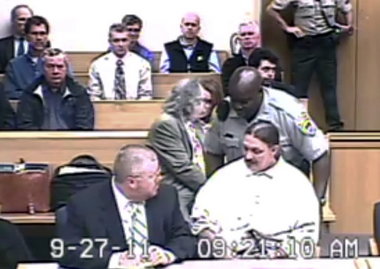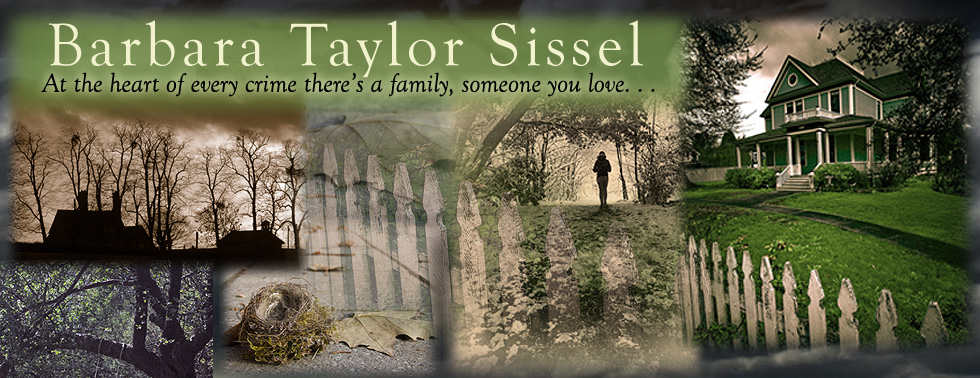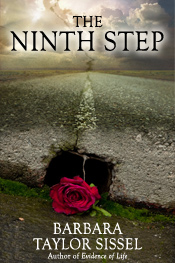[caption id="attachment_485" align="alignright" width="300" caption="Click the image to hear a judge explain the legal logic for granting Haugen's wish"]
 [/caption]
[/caption]Last month, Oregon Governor, John Kitzhaber, imposed a moratorium on the death penalty for the remainder of his term, saying he's morally opposed to capital punishment and has long regrettedallowing two men to be executed in the 1990s. Oregon is the fifth state since 2007 to halt the execution process. One of the biggest motivating factors behind this decision is the fear of killing the wrong person. It happens and often the tragedy isn’t uncovered until after the fact. After lives and families are destroyed.
But what about the inmates who ask to die? The death row volunteers who are guilty by their own admission. So guilty there is not so much as the sliver of a shadow of doubt. That’s the case with twice-convicted murderer Gary Haugen. After serving thirty years in prison, the last several on Oregon’s death row, Haugen asked the same legal system that handed down his death sentence to carry it out. A judge agreed, and Haugen’s execution date was scheduled for December 6th.
But it didn’t happen because Oregon’s governor suffered a moral crisis over the issue and shut down the death machine. Until his term is over, he says. Then the next governor can sort out the legislative mess.
Some objectors say volunteering is a way for inmates to control the system. Some say it’s state-assisted suicide. Some would take every death row inmate, including Haugen, “out back” and shoot them. Others think sitting out your days in a prison cell is a worse penalty, a living hell as opposed to the eternal one that may wait after death. But however you look at it, volunteers are in a different category. They aren’t straining the already burdened courts with yet one more appeal beyond asking to die. Now. They aren’t looking for a loophole or pleading they’ve been saved by Jesus Christ, although professionals in the field say, as in the case of Haugen, such petitions are often meant to draw attention to the flaws in the justice system. But even if legal reform were to occur as a result of their actions, volunteers must know they won’t be alive to see it.
So, what’s the real point? In research for my novel, The Volunteer, I read a lot of interviews of these inmates, and while many had strong opinions about the whole emotionally-charged, Gordian Knot that surrounds the death penalty, at their core, what some of them seemed to feel was the need to take responsibility. Short of returning to life those who were dead by their hands, it was all they could do. End the suffering of their victim’s families, and in some cases, of their own families. And isn’t this, at least in part, the logic that underlies the death penalty? That the suffering should come to an end?
So while I can admire Kitzhaber for his courage in standing up for his convictions, and for doing so under a barrage of public criticism, while I even share in his moral confusion about the matter, I think an exception should be made for Haugen, and in the case of all volunteers like him. Let the ones who choose to shoulder the terrible burden of their crimes go. Let it be over. Let Haugen fulfill his court-ordered obligation, the one a judge and jury, showing no less courage than Kitzhaber in making their decision to send Haugen to his death, says he deserves. And let those who are left behind find peace . . . if they can.








Capital punishment is such a complex question, with no easy answers. Thought-provoking post! Thanks for sharing.
ReplyDeleteThere are so many unanswered questions to any situation like this. I think for me, I ultimately would rather my tax dollars go to a place that would help someone overcome their circumstances rather than house and feed a murderer, especially one who has murdered more than once. Morally, I'm not particularly a fan of the eye for an eye mentality, but I'm also not sure that someone who has taken the life of another is where I need to spend my energy on right from wrong? And in the end, I'm thankful that I have no first hand experience on anything of this nature and therefore, really, no way to say with absolute certainty, that I know exactly how I feel.
ReplyDelete